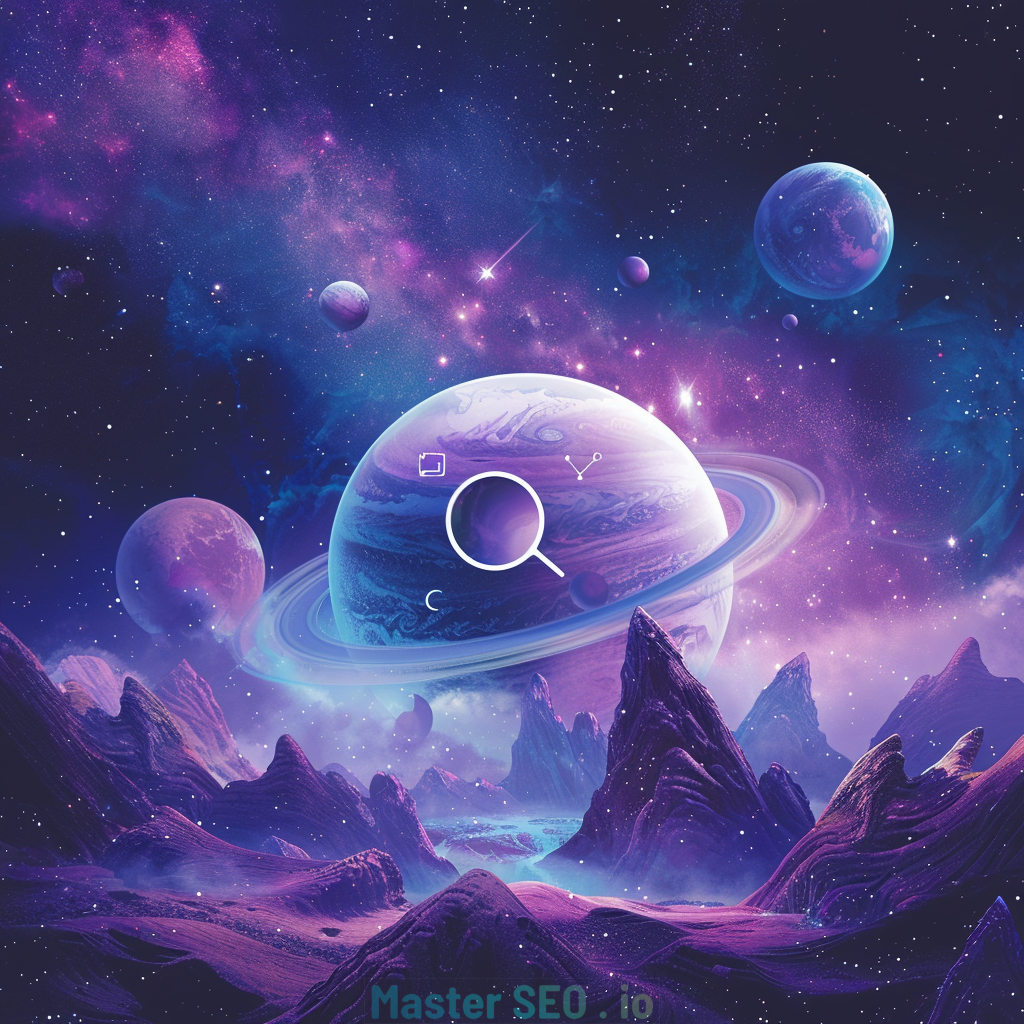A review of Jenn Mathews’ article on optimizing for Google’s Generative AI Overviews – it is worth it?
In her article “How to optimize for Google’s Generative AI Overviews,” Jenn Mathews explores how Google’s Generative AI has transformed SEO by prioritizing AI-generated content over traditional answer boxes. She emphasizes the importance of maintaining high-quality, authoritative content aligned with Google’s E-E-A-T guidelines to improve visibility in AI Overviews while adapting SEO strategies to this evolving landscape.
The article is a timely and insightful exploration of the evolving SEO landscape. As SEO professionals, we have long been focused on optimizing content to capture top positions in Google’s answer boxes through FAQs and structured data. However, Mathews aptly highlights how the advent of Google’s Generative AI has fundamentally altered the game’s rules. This shift changes how search results are presented and demands a reassessment of our optimization strategies.
One of the key takeaways from Mathews’ article is the emphasis on the transformative nature of Google’s Generative AI, also known as the Search Generative Experience (SGE). Unlike traditional search methods, where information was drawn from a single source or heavily reliant on structured data, Google’s AI now synthesizes content from multiple trustworthy sources to create a comprehensive overview. This nuanced approach aims to provide users with more in-depth and precise answers directly within search results, often reducing the need for additional clicks to individual websites.
The implications of this shift are profound, especially for businesses that have traditionally relied on securing positions within the top ten search results or featured snippets. Mathews underscores the growing importance of being included in these AI-generated overviews, as they shape user perception and direct significant traffic to the sources deemed credible by Google’s algorithms.
Mathews correctly identifies that optimizing for these AI overviews requires a continued focus on the core principles encapsulated in Google’s E-E-A-T (Experience, Expertise, Authoritativeness, Trustworthiness) guidelines. This focus on quality and trustworthiness in content creation is not new, but its importance is now magnified in the context of Generative AI. The AI is more likely to select content recognized as authoritative and reliable within its niche, which means businesses must ensure their content is accurate and well-researched and reflective of their expertise.
One of the most practical sections of Mathews’ article is her actionable tips for increasing the chances of being featured in these AI overviews. From prioritizing high-quality content aligned with E-E-A-T principles to optimizing for organic search rankings, Mathews provides a clear roadmap for SEO professionals looking to adapt to this new environment. Her advice on leveraging structured data, despite its evolved role, is particularly valuable, as it underscores the ongoing importance of helping Google understand the context and relevance of content.
Mathews also emphasizes the need to stay current with Google’s algorithm updates, which is crucial for any SEO strategy. As Google’s AI continues to evolve, so too will the factors that determine which content is selected for these overviews. Proactively monitoring these changes and adjusting strategies accordingly is essential for maintaining visibility and authority in search results.
However, a question that arises—and one that Mathews briefly touches on—is whether it is even worth optimizing specifically for these AI overviews. Given that inclusion in these overviews is heavily tied to traditional organic rankings, some might argue that focusing on the fundamentals of SEO is sufficient. Yet, as Mathews points out, the rise of Generative AI adds another layer of complexity to the SEO landscape that businesses cannot afford to ignore if they wish to remain competitive.
Mathews’ article provides a comprehensive and practical guide to navigating the challenges Google’s Generative AI poses. While the core principles of SEO remain the same, introducing AI-generated content requires a more sophisticated and nuanced approach. For businesses and SEO professionals alike, the message is clear: to succeed in this new era of search, one must continue to focus on quality and authority and be prepared to adapt to the ever-changing digital landscape.





